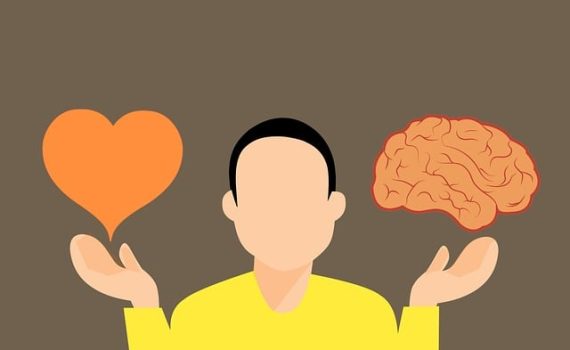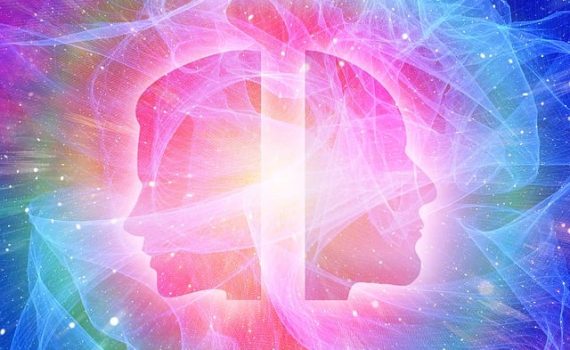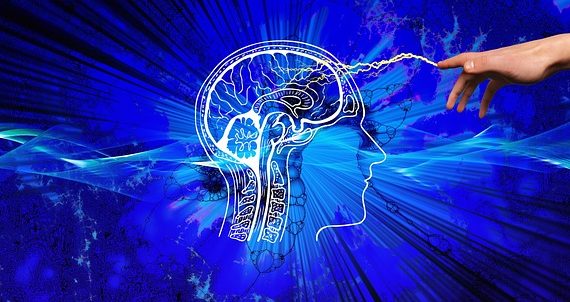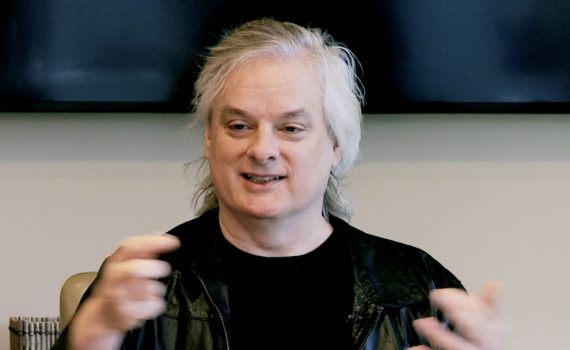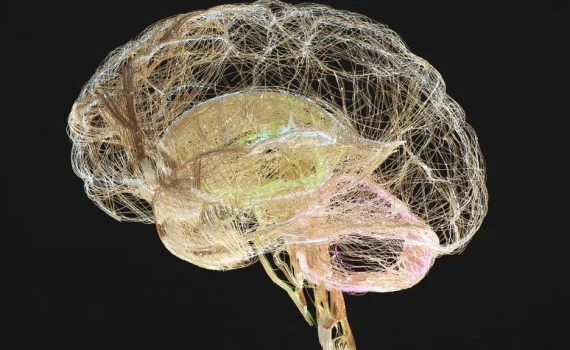The article highlights the significance of training intuition to enhance decision-making skills, emphasizing that intuition, often described as a “gut feeling,” emerges from the effective collaboration of information and experience. Laura Huang, a Harvard Business School professor, underscores the role of intuition in high-stakes situations, where quick and informed decisions […]
Evolution of Consciousness
The article discusses a groundbreaking theory proposed by scientist S. K. Gupta, who suggests that human consciousness may be linked to a higher dimension beyond our typical perception. Gupta posits that this higher dimension could explain phenomena such as intuition and extrasensory perception, which are often difficult to quantify through […]
The article “Science as We Know It Can’t Explain Consciousness, but a Revolution is Coming” discusses the limitations of current scientific paradigms in fully understanding consciousness. It highlights the ongoing debate surrounding the “hard problem” of consciousness, which questions why and how subjective experiences arise from physical processes in the […]
The article delves into the intricate relationship between the mind, brain, and body, emphasizing that the mind is not static but an ongoing construction influenced by external sensory data, internal bodily signals, and past experiences. It challenges traditional views that assign specific mental functions to distinct brain regions, instead arguing […]
The Supraconsciousness Network presents the Integrated Theory of Consciousness, which posits that a singular, infinitely energetic substance underlies the universe, encompassing six interdependent properties: matter, energy, space, time, consciousness, and intelligence. This theory integrates concepts from quantum mechanics, general relativity, and evolutionary biology to propose that consciousness is not merely […]
In “The Paradox of Self-Consciousness,” Markus Gabriel examines the intricate relationship between self-awareness and our understanding of consciousness within the broader context of the universe. He argues that self-consciousness presents a fundamental paradox: as we reflect on our own thoughts and experiences, we inevitably alter our mental state, complicating our […]
In “The Language of Mind,” David Chalmers discusses the complexities of consciousness, particularly in relation to both human and AI systems. He distinguishes between the “hard problem” of consciousness—understanding how subjective experiences arise from neural processes—and the “meta-problem,” which examines why we perceive consciousness as a problem at all. Chalmers […]
In “Evolution and the Transcendence of Mind,” Theodore Roszak critiques conventional Darwinian views of evolution as a mindless process driven solely by random genetic variation and natural selection. He argues for a more nuanced understanding that recognizes a “vertical” evolution towards greater complexity and consciousness, as exemplified by the human […]
Recent research published in NeuroImage reveals that romantic partners exhibit greater synchronization in both behavior and brain activity compared to close friends when processing emotions together. The study, involving 25 couples and 25 pairs of close friends, utilized EEG hyperscanning to measure neural synchronization while participants watched emotionally charged videos. Findings indicate […]
The article discusses the hypothesis that consciousness may have evolved primarily to enhance social interactions rather than simply to benefit individual survival. According to neuropsychologists Peter Halligan and David Oakley, consciousness facilitates the communication of thoughts and emotions, thereby promoting social cohesion and collective well-being. This perspective shifts the focus […]
A study from Northwestern University has revealed that the brain’s structural features may exist near a critical point, akin to a phase transition. This point is characterized by high complexity and is observed in various organisms, including humans, mice, and fruit flies. Researchers found that brain samples exhibited properties associated […]
The article presents a concise argument against the materialist account of the mind, emphasizing the distinction between subjective thoughts and physical brain states. It references John Searle’s Chinese Room scenario to illustrate that while computers can process information syntactically, they lack genuine understanding or consciousness. The author proposes a thought […]

